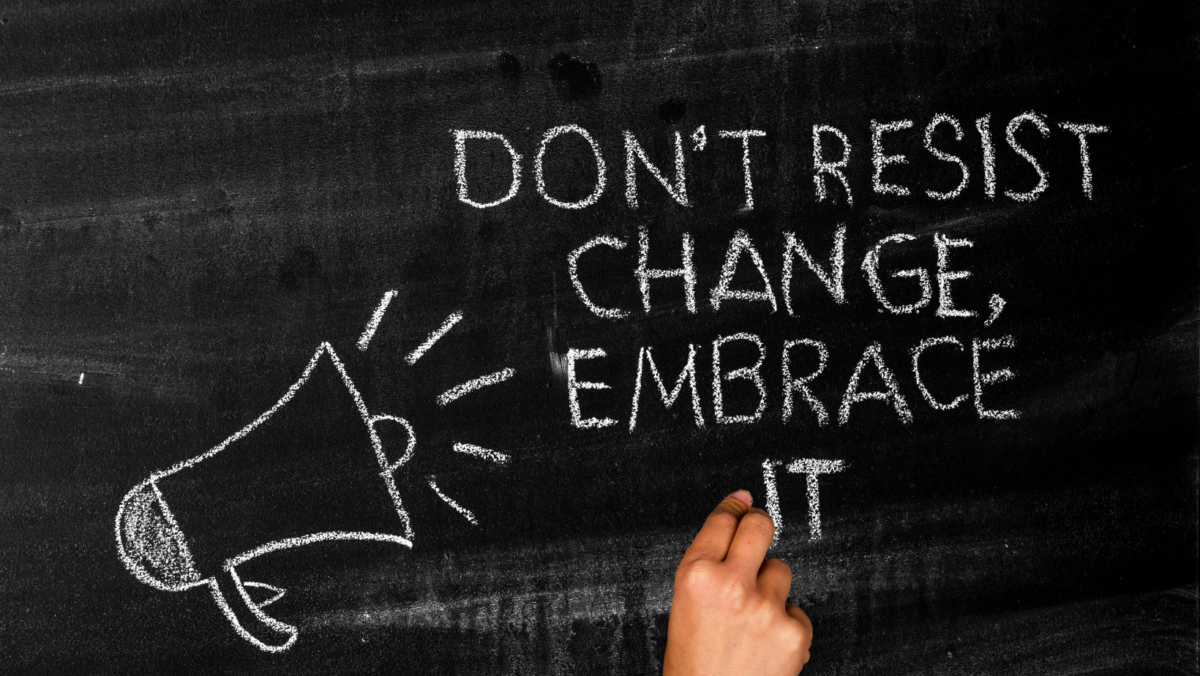Updated on July 3rd 2023
What makes someone excellent when delivering staff training and development or facilitating learning in others?
Explore our insights below:
1. Effective Listening
One crucial skill for facilitators is the ability to truly listen to participants. This includes their opinions, thoughts, and needs. It is important to recognise the opportune moments to interject, whether this is by asking thought-provoking questions that foster self-awareness or by guiding individuals to question perspectives they may not have considered previously.
2. Embracing Silence
Recognising the value of silence is a key component of effective staff training. It is important to understand that not every moment needs to be filled with constant talking or noise. Allowing space for reflection is necessary, as different individuals require varying amounts of time to fully grasp concepts and ideas.
3. Strategic Speaking
When facilitating, it’s important to determine when it’s necessary to share your own knowledge or experience on the topic or scenario, while remaining humble and avoiding ego-driven monologues. As a facilitator, although you may lead many of the conversations, it is important to avoid dominating them by not allowing room for others to speak. Encourage others to contribute from their own experiences, even if they haven’t spoken before, as their insights can provide valuable perspectives on the situation.
4. Embracing Constructive Challenges
Having the ability to recognise the appropriate moments to challenge individuals or groups in a respectful and controlled manner is vital. Being comfortable with respectfully questioning and pushing boundaries when necessary creates an environment conducive to growth and learning.
5. Embracing Authenticity
Being true to yourself is incredibly important, especially when standing in front of a group. However, at Adaptas, our facilitators sometimes assume the roles of different personalities or characters to highlight specific issues, remaining in those roles as long as necessary for effective learning. With this unique approach, participants are able to interact authentically with people and situations they may encounter in the workplace, and therefore understand and analyse their real reactions and thought processes. Additionally, this approach enables participants to safely confront the types of personalities they encounter daily in their workplaces. In real-life situations, people often react without much thought due to the fast-paced nature of interactions. However, our patterns and habits, learned since childhood, may no longer serve us. At Adaptas, our facilitators provide participants with a valuable opportunity to pause, reflect, and explore alternative ways to respond to situations and others’ remarks. Additionally, we offer input and coaching to enhance participants’ communication effectiveness by identifying what does and doesn’t work for them.
6. Embracing Risk-Taking
Our approach involves facilitators constantly taking risks. Not only do they need to be authentic to themselves, but they also assume the roles of other individuals, relying on their ability to be convincing. I have consistently witnessed our facilitators and role players portray their characters believably. Nevertheless, they face a wide range of challenging questions, occasionally without knowing the exact right answer. In such situations, they must improvise and respond convincingly. Sometimes, the characters they portray must exhibit tough love. In such instances, their utmost priority is to remain aware of the impact they have on the trainees, ensuring the process does not overwhelm any individual. Managing this during and after the session is crucial. This includes providing support, creating a sense of safety, and encouraging personal growth and improved interactions with others.
7. Remaining Open to All Outcomes
With our unique approach, we emphasise the importance of not becoming overly attached to a specific outcome or always being in the right. While clients may have certain guidelines we must follow, human communication is dynamic and unpredictable. The beauty lies in the diverse experiences and personalities present in each training session. We often find ourselves leaving a session with newfound insights about ourselves, group dynamics, and organisational workings. Witnessing the remarkable strength, resilience, and intelligence in our participants is truly inspiring. This process also serves as a powerful reminder that trusting ourselves and our collaborative efforts can lead to extraordinary transformations for individuals.
8. Knowing that you are not always the expert
None of us can claim to be right at all times. It is important to frame every training session with this in mind, for the sake of yourself as a facilitator, as well as for the participants. The desire to always be right or to be the only expert on a specific topic can hinder personal and collective growth. The path to learning entails diving in and experiencing the outcomes without ego or fear but rather with self-acceptance and a spirit of collaboration. When a trainer embodies this mindset, it becomes easier for participants to embrace the same approach.
In my life, one of the biggest realisations I have ever made is that fear and trepidation is there to show us how incredible life can be on the other side.
If it is time to challenge your staff in an innovative, creative, and effective way, contact us to arrange a meeting and let’s see what changes we can help you make!

